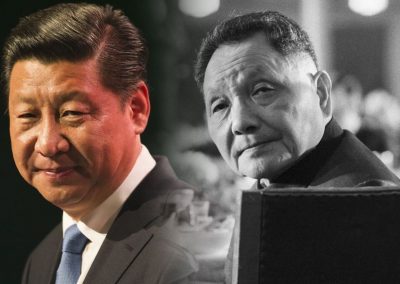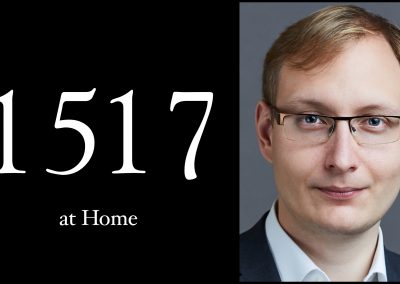
Why America Prefers a Weak and Peaceful Europe
From my and Matt Ellison’s article published in The National Interest.
The United States has a very large military — its budget is nearly four times greater than China’s (although China is four times as populous and maintains nearly twice as many active personnel). The U.S. military budget is nearly two and a half times greater than those of all of Europe’s North Atlantic Treaty Organization countries combined. Washington’s defense budget is greater than the combined defense budgets of China, Saudi Arabia, Russia, the United Kingdom, India, France and Japan. Furthermore, many of the soldiers in this enormous military are stationed outside of the American homeland.
The U.S. military maintains over eight-hundred bases in foreign countries — the largest number of any country in the world. Some were inherited from prior holdings of European empires such as Spain and Britain. Others were gained over the course of wars the United States fought. Some others were attained via negotiation with a host government as part of an alliance or in exchange for American security guarantees.
This global military presence is normally explained with the following narrative: peaceful democracies around the globe — not inclined to threaten each other — have given up solving their problems through violence. They no longer wish to build and maintain fearsome militaries. Instead, America benevolently provides them a security umbrella within which they thrive, and which, in turn, ensures the stability of the global economy and world order.
An example of this can be seen in Europe’s relatively peaceful history since 1945. The common refrain is that European culture, once exceptionally warlike and combative, changed due to the Second World War. Reeling from the death and destruction of World War II, former imperial powers supported the establishment of new institutions, such as the European Union and NATO, in order to prevent another war from breaking out on the continent. The last seventy-five years of European peace — for the most part — is thus explained by this memory of mid-century devastation and the advent of new political institutions.
If this explanation were true, then why is the United States subsidizing European security?
Read the rest here.





